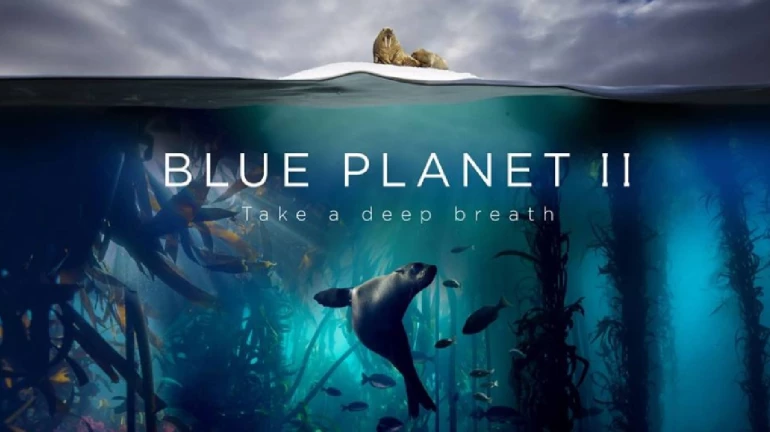
Around two decades back, when I was in my secondary school, I was fascinated with science, especially biology. Evolutions of different organisms, understanding their functionality, and the intricacies involved in running a body like a machine and a lot more, was something I found worth studying. The difference between living a life on the ground and under the water was something I was always curious about. After living 23 years of life on the ground amidst the chaos and noise, I chose to explore few hours under the water and I found peace. A life so serene, calm and quiet that there are only some places where one can live and experience the same on the ground. Moreover, the itch of understanding the species and their features began hence.
More than half a decade later, recently, I was invited to watch the screening of Sony BBC Earth’s Blue Planet II. My experience of those few hours gave me innumerable insights, and especially taught me some life lessons which we as humans have learnt, but choose to ignore or forget comfortably sometimes.
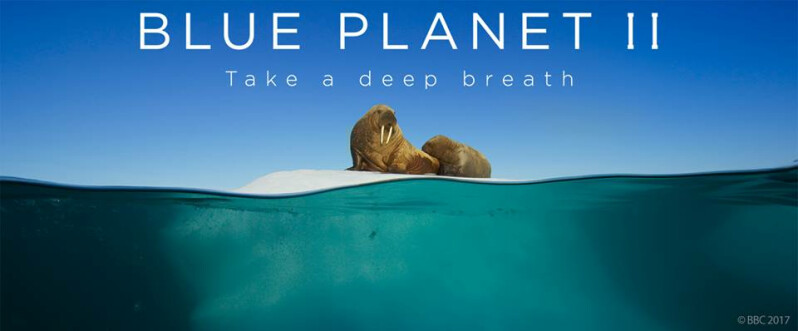
To be honest, I did know quite a lot about the life of some fishes, corals etc., but this presentation added a lot more to my knowledge. Ever heard of bottleneck dolphins brushing themselves against corals for their medicinal benefits? Yes, they do! Seamlessly moving from one location to the other, thereby making the viewer understand the marine life at every location, is something the makers have focused on. Watching some species hunt for the prey is something we may have come across while switching channels, but why do they choose such a method, and what triggers those actions is something to be learnt, a subject called 'fish intelligence.’ Makes you wonder, doesn't it?
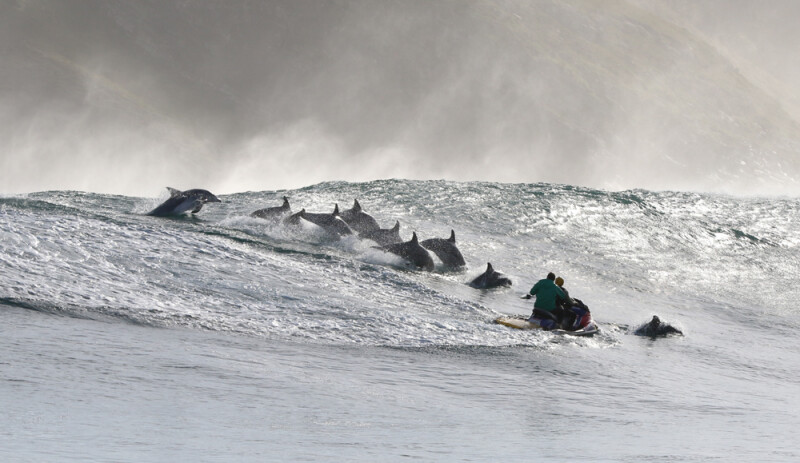
If one has to talk about the environmental changes we live with, the most favourite and common topic of discussion would be 'global warming,’ and that is because we understand that the developments over the last many years have brought a shift in our day to day life. We complain about the changes, however, we strive to survive. But have we ever thought about lives of animals up in the Arctic? Think of a Walrus which loses its shelter because of the changes we choose to bring to our life, for the good. What we have begun as an acceptable change for our future is something that's going to affect us and many other species in the years to come!
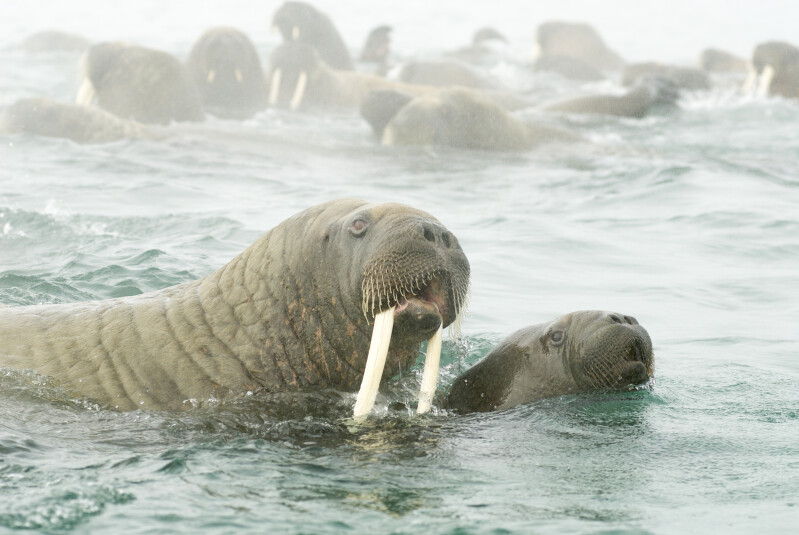
Biologists and marine life experts have conducted research in the extreme possibilities, only to understand many different processes we might miss to watch or come across ever in our lives. Think about a gender change of a fish, degradation of a Caracas, or mutual understanding and exchange of emotions in different species. The result of all these studies is phenomenal, for there is so much to learn, exchange and embrace.
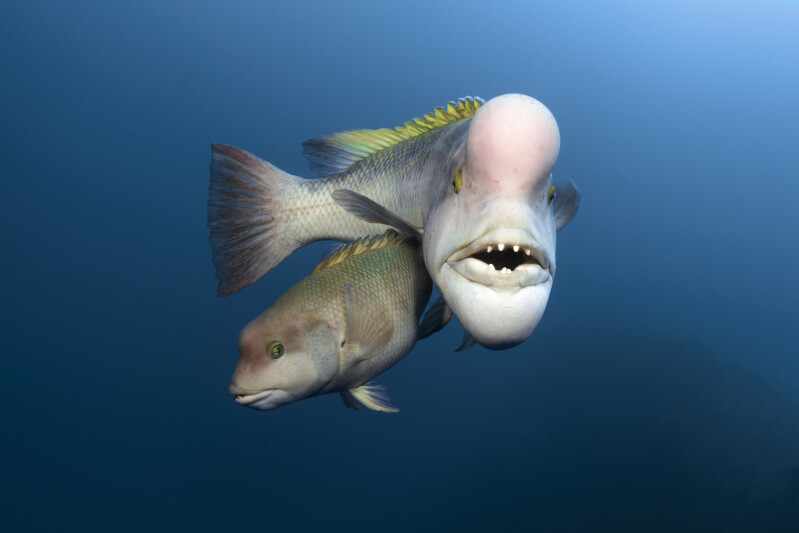
One of the most fascinating aspects of this feature presentation is the study in the 'darkest’ water. For once let's assume that conducting research in areas where the penetration of light is considerably easy, but it is quite an unimaginable task if it is completely dark. Adding to the task is the temperature of water. Scientists have taken a challenge of performing in a study in Antarctica, where not a single group has chosen to deep dive into the sea to analyse the flora and fauna. Knowledge shared about corals, phytoplankton, and a lot more from the results is worth understanding. The best part of the study for me was to get close to the possibility of evolution and release hydrocarbons underwater, more information about which I shall not reveal.
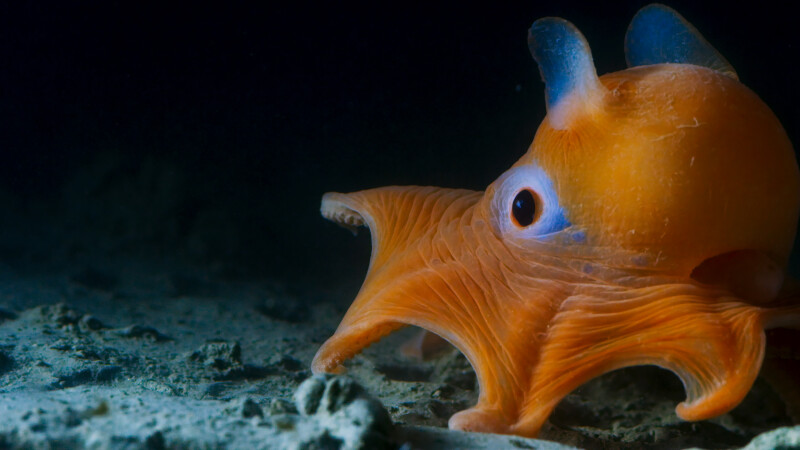
To sum it up, this feature presentation of Sony BBC Earth's Blue Planet II is a once in a lifetime experience. I can go on-and-on sharing my views and revealing everything that was presented, but it would only be fair if you watch and experience it. The team, scientists and studies not only share knowledge and unknown information but also take us closer to the lives that share the space with us in this beautiful home. All I can say is I walked out of the screening filled with emotions, excitement and enlightened. And I also learnt (once again) that as humans and the most intelligent species or race on this planet, it surely becomes our duty to take care of everyone, especially those who do not communicate in our language but share the same emotions and rely on us, merely for their existence.
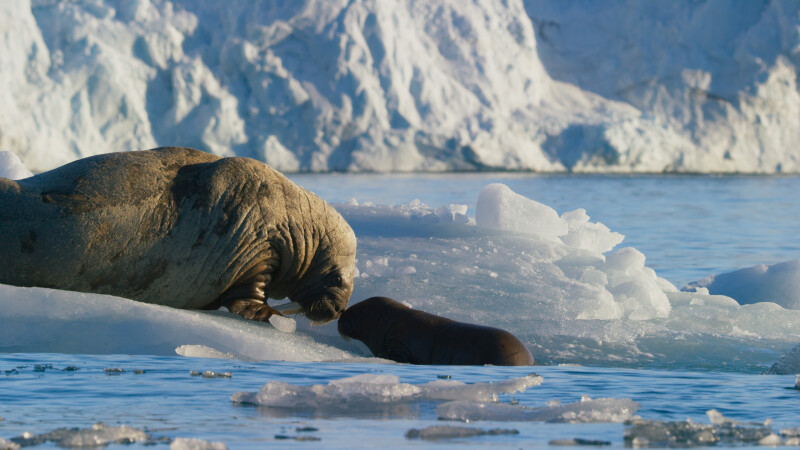
Note: The images have been clicked by BBC and the respected firm holds their copyright. These have been used in the article with prior permission provided by the PR agency.





